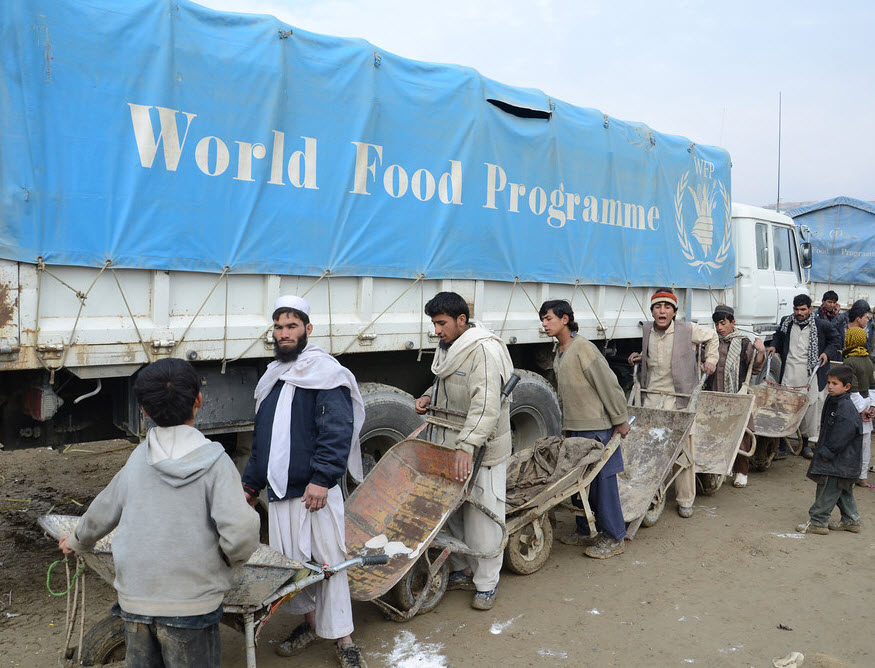The World Food Programme (WFP) has reported that one out of every five people in Afghanistan is in need of humanitarian assistance to survive.
According to the organization, if global support decreases, around 15 million people in Afghanistan could face severe hunger.
The WFP expressed concern over the decline in international aid to Afghanistan and stated that between May and October of this year, 9.5 million people will require urgent food assistance.
The WFP report stated: “An estimated 9.5 million people in Afghanistan (21 percent of the population) are classified in IPC Phase 3 or above (Crisis or worse) between May and October 2025. This includes 1.6 million people (4 percent of the total population) classified in IPC Phase 4 (Emergency) and around 7.93 million people (17 percent of the total population) classified in IPC Phase 3 (Crisis).”
Alongside food insecurity, poverty and unemployment remain major challenges facing both the Afghan people and the caretaker government. These problems have worsened following recent political changes and the reduction of foreign aid.
Despite repeated promises by the Taliban officials to combat poverty and unemployment, the situation remains critical.
Abdul Rahman Habib, spokesperson for the Taliban Ministry of Economy, said: “Climate change, consecutive droughts, and economic restrictions have worsened the economic and living conditions of the people. Addressing this requires joint national and international efforts. Currently, priority is being given to supporting the agriculture sector, strengthening domestic production, reducing dependence on imports, and managing water resources.”
Some experts believe that the solution lies in domestic and international investment, job creation, support for agriculture, and strengthening development programs.
According to reports by international organizations, Afghanistan is facing one of the worst humanitarian and economic crises in the world following the recent political upheaval. Severe reductions in international aid, financial sanctions, and banking restrictions have left millions of Afghans unable to meet their basic needs.




